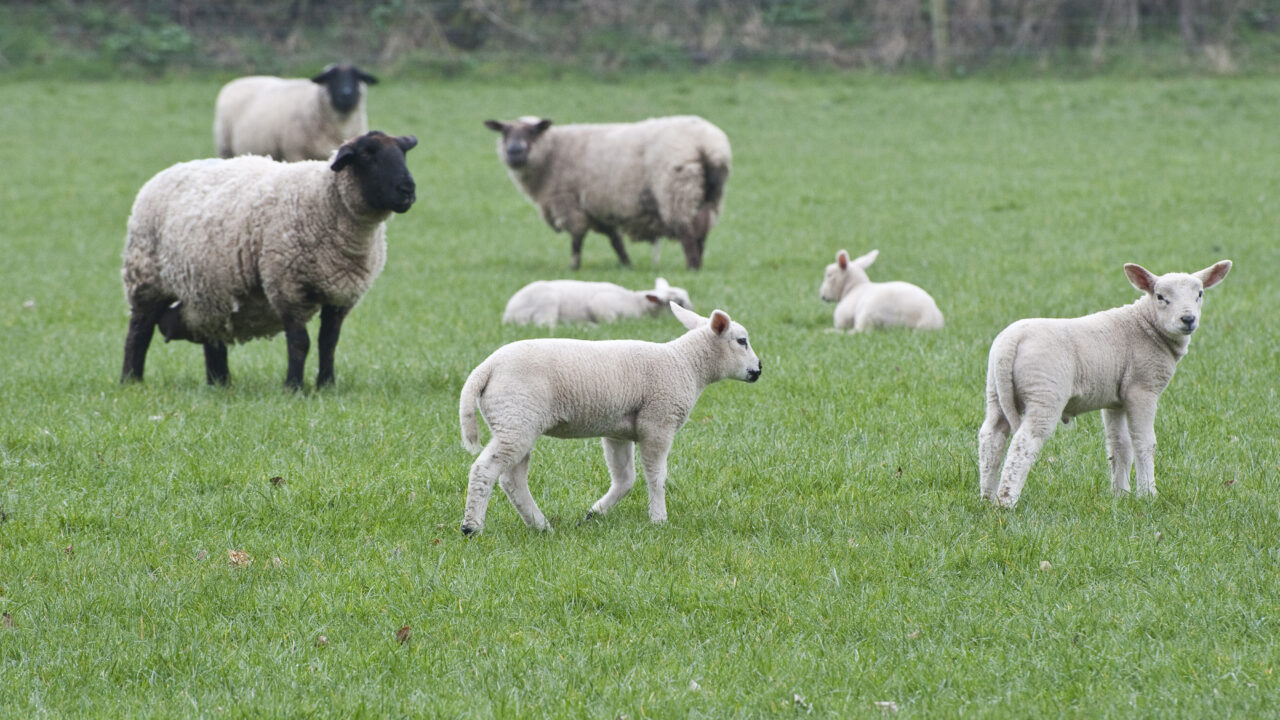With the warm and wet weather of late the first cases of blowfly strike are being reported across the country.
The showery days has prevented shearing on many farms with farmers waiting for the wool to rise and for a period of good weather. This has led to flies and maggots being a problem.
Lynda Maris, Brand Manager at Merial Animal Health says the potential for fly strike is increased by any scouring caused by parasitic gastroenteritis and nematodirus, which provides a fly-friendly environment.
An appropriate ectoparasitide should be used as a control. In many cases, once shorn, animals will suffer less from fly strike.
As far as sheep are concerned, producers with pastures that have not been grazed this season can consider them ‘safe grazing’ from mid-summer onwards and therefore ideal for fattening lambs. Any larvae present on the pasture will have died-off without the presence of a sheep host.
However, any lambs grazing on contaminated pastures are still at risk of PGE and should be treated with an anthelmintic. Faecal egg counts carried out after June can be used to determine treatments required until housing.
Mrs Maris says: “We have had some fine weather lately which can dry out faeces, with the larvae enclosed in the dung. Once rain hits after a dry period, the larvae are release from the faeces on to the pasture. This can cause a real threat to livestock.
A targeted anthelmintic treatment approach can be taken where only the lambs which are failing to meet expected growth rates are treated.
Mrs Maris adds: “The method of targeting individual animals can save noticeable amounts of money. It is vital to weigh lambs every 3 to 4 weeks in order for this method to be successful. A targeted approach also helps to reduce any possibility of resistance building up in the flock”.
“Farmers often forget to include rams in their flock parasite control programme plan. Rams are high value animals and crucial to the flock so it is vital that they are appropriately dosed and regularly checked”.
